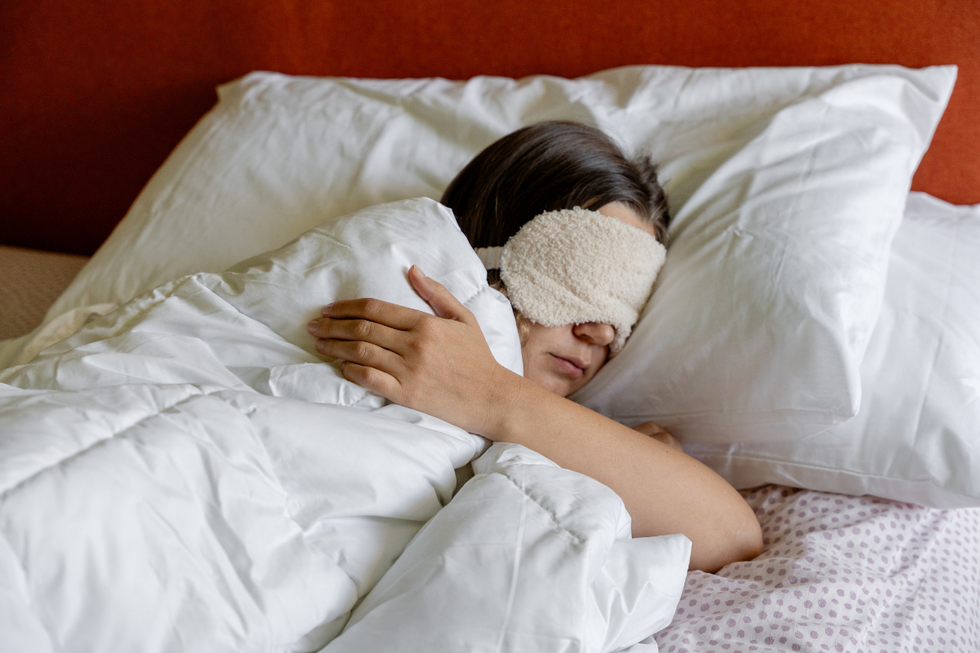What time do you go to bed? Your sleep schedule may double your risk of liver cirrhosis
The researchers found that the quality, not just duration, was crucial for general health
Don't Miss
Most Read
Erratic sleeping schedules have been found to significantly increase the likelihood of developing liver cirrhosis, with those maintaining irregular patterns facing more than double the risk.
Published in Health Data Science, new findings have identified previously unrecognised connections between sleep behaviours and 172 diseases.
The comprehensive investigation of more than 88,000 individuals, conducted by researchers from Peking University and Army Medical University, tracked participants' sleep behaviours objectively for nearly seven years using advanced monitoring technology.
With the results, they found that an irregular bedtime, which was classed as falling asleep after 00:30am, was connected to a 2.57-fold increased risk of liver cirrhosis.

Going to bed after 00.30 am could hike the risk of liver cirrhosis
|GETTY
The research demonstrates that maintaining regular sleep schedules may be equally important as sleep duration for preventing serious illnesses.
The investigation utilised objective monitoring devices to track sleep patterns amongst UK Biobank participants, uncovering connections between sleep characteristics and 172 different medical conditions.
Poor sleep behaviours contributed to more than 20 per cent of the risk for 92 distinct diseases, the findings unveiled.
LATEST DEVELOPMENTS
The study employed actigraphy technology to gather precise data about participants' actual sleep patterns rather than relying on self-reported information.
Such an objective approach revealed that consistency in sleep timing and stable circadian rhythms appear to play crucial roles in disease prevention beyond simply achieving adequate sleep duration.
Additionally, participants with unstable daily activity patterns faced a 2.61-fold higher likelihood of developing gangrene, highlighting the importance of maintaining steady circadian rhythms.

Sleep duration is not the only thing that matters when it comes to your health
|GETTY
The research has now challenged previous assumptions about extended sleep being detrimental, with objective measurements showing harmful associations for only a single condition despite past studies linking lengthy sleep to cardiovascular problems.
Additionally, the data exposed that 21.67 per cent of individuals classified as sleeping excessively actually achieved fewer than six hours, revealing widespread confusion between time spent in bed and genuine sleep.
"Our findings underscore the overlooked importance of sleep regularity," said senior author of the study Professor Shengfeng Wang. "It's time we broaden our definition of good sleep beyond just duration."











